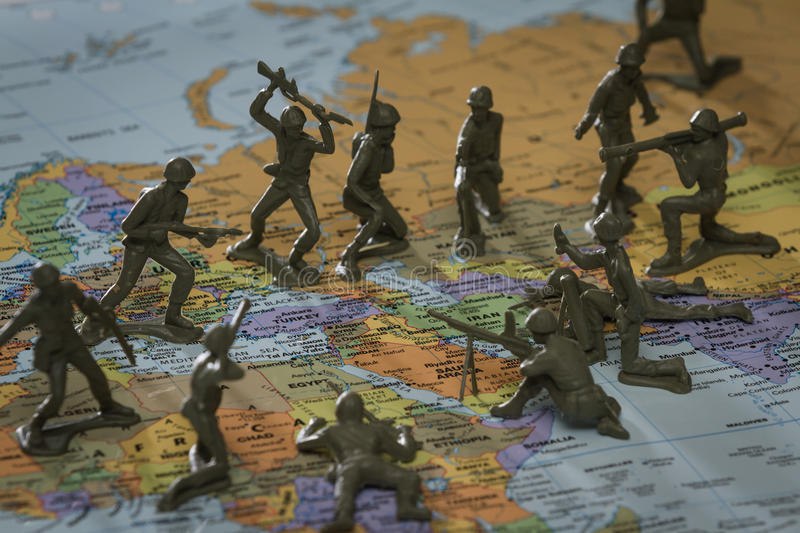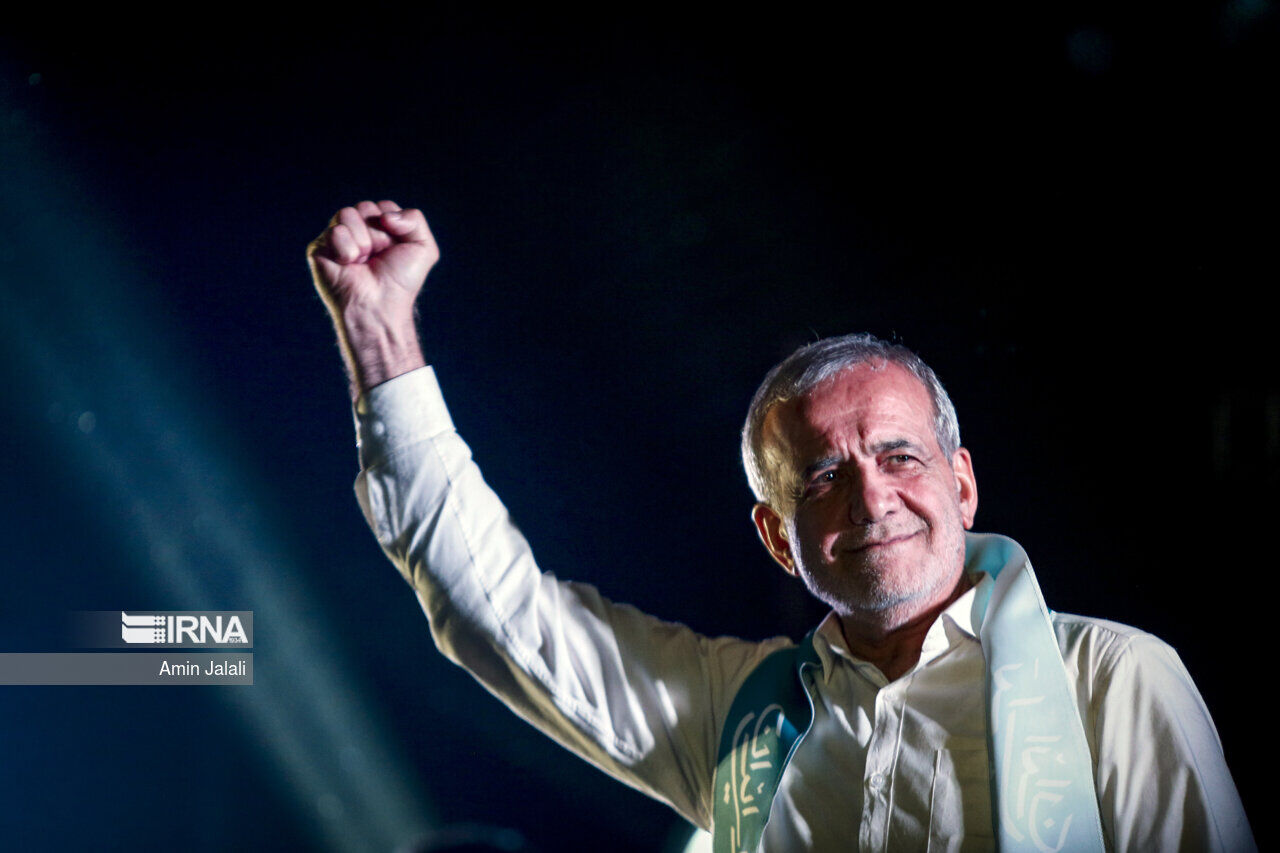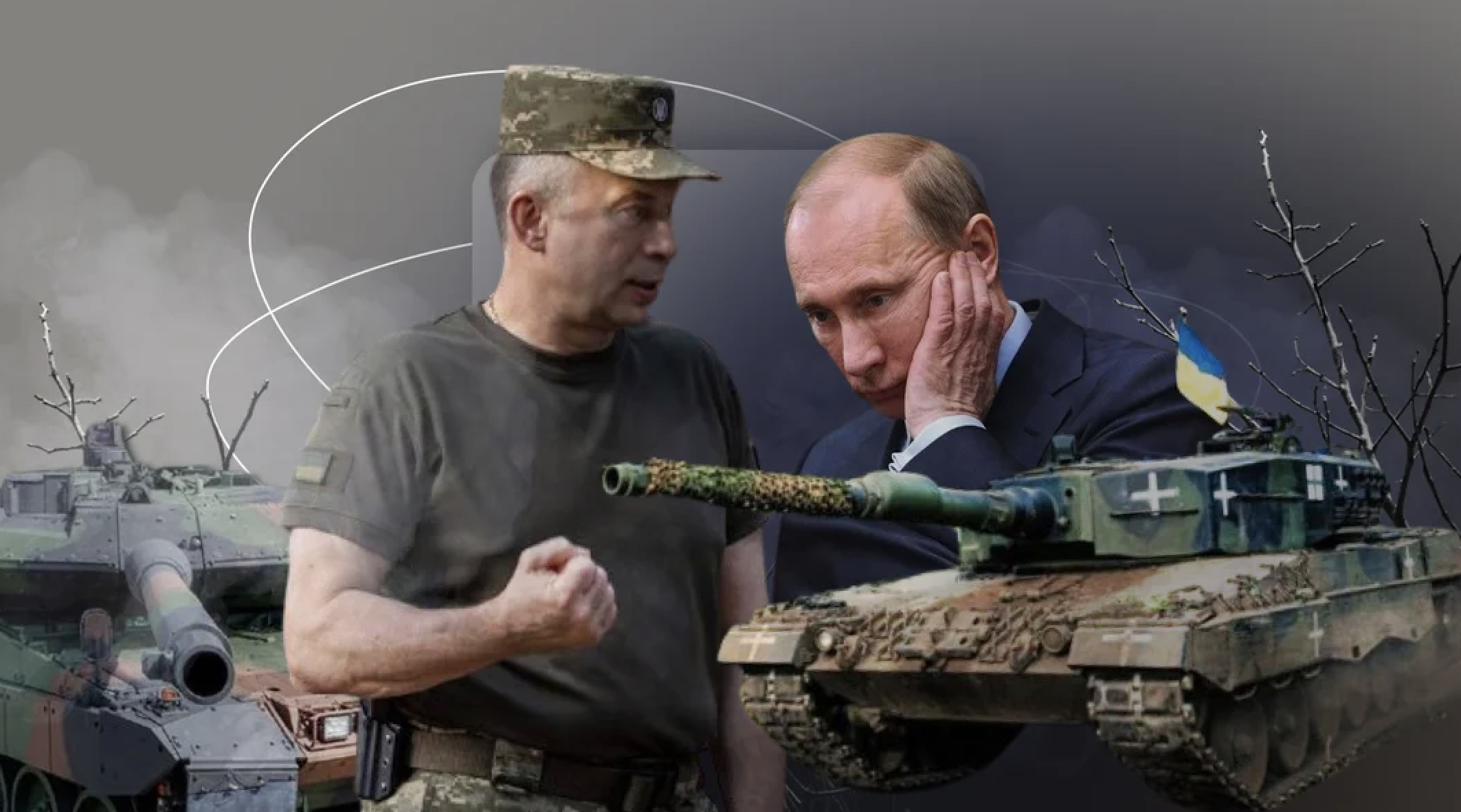“The Bidzina Ivanishvili regime could be toppled by a small external push.” A perspective from Baku
Interview with Gabil Huseynli
“A small external push could lead to the overthrow of the Bidzina Ivanishvili regime. In that case, Georgia would return to the ranks of democratic countries, and there might even be a question of re-electing Mikhail Saakashvili as president.”
These words were spoken by former State Advisor of Azerbaijan, political scientist Gabil Huseynli, commenting on the parliamentary elections set to take place in Georgia in two days. In an interview with AzPolitika, Huseynli stated that the signing of a peace treaty between Azerbaijan and Armenia is close. He also addressed questions about conflicts in the Middle East, the progress of the Russia–Ukraine war, events in neighboring states, and other processes in the region and the world.
- Atlantic Council staff in Georgia view the searches of their apartments related to fraudulent call centers as harassment
- “US has raised the stakes”: Armenian expert on Biden’s letter to Pashinyan
- Why do the designated bus lanes in Baku fail to facilitate public transport?
On events in the Middle East
Gabil Huseynli believes that Iran seems to have seized the initiative. According to him, if the recently voiced ideas about ground battles are confirmed, Iran’s ground forces could easily defeat Israel’s small army.
“However, ships with American strategic bombers stationed in the Mediterranean and other military vessels in the Strait of Hormuz are creating significant psychological pressure on Iran and forcing the Islamic Republic to act cautiously. If even one or two Arab states support Iran in this matter, Israel’s capabilities will be reduced, and the balance of power may shift sharply in favor of Iran.”
“What processes can we expect in the region in the near future?” In response to this question, the political scientist expressed the likelihood that Israel would prefer to use drones:
“Additionally, plans for attacks on Iran’s oil refineries are prepared. These actions could further ignite the region and provoke a large-scale conflict. While Israel is our ally, we must present an objective position on this issue. Because Israel has killed 38,000 Palestinians and 8-10,000 people in Lebanon. This is literally horrifying. The U.S. and some European countries support Israel. If Israel were left alone, even small Lebanese forces could contain it. But we see that norms of international law are being violated. The U.S. pays no attention to these norms. They provide Israel with the most advanced weaponry. Strangely, the U.S. sends F-35 aircraft to Israel for free, while refusing to deliver them to Turkey, which is spending financial resources to develop these planes.”
Huseynli also emphasizes that this injustice in the world, the ignoring of international legal norms, and the rising tensions in the region compel Israel to occupy new territories. He stated that since 1947, Israel has pursued a policy of expanding its borders and gaining control over more and more territories.
“Israeli media has already begun to propagate the ‘Greater Israel’ project. There are also territorial claims against Turkey. Such crazy ideas bode nothing good for the region.”
On Iran-Russia relations
Gabil Huseynli responded to the question of how the recent rapprochement between Iran and Russia could affect the balance of power in the region:
“Iranian-Russian relations have long practically reached the level of an alliance. These relations are constantly developing. Recently, these issues were discussed at the meeting between Pezeshkian and Putin. Overall, Russia’s attitude towards Israel has always been negative. In the Arab-Israeli war, due to Soviet support, the Arabs could not gain an advantage in the region, even with U.S. support for Israel. Now Russia is also cooperating with Iran and does not refuse military assistance to the country. Air defense systems and strategic fighters are being supplied to Iran. This enhances Iran’s military potential.”
On Iran-Azerbaijan relations
“I think that Iran-Azerbaijan relations will improve during Pezeshkian’s presidency (the new president of Iran, who is of Azerbaijani ethnicity). First of all, Russia’s involvement is significant here. The North-South highway and railway can bring these three countries closer. Of course, this will anger Israel against us. But we must make efforts to elevate our relations with our close neighbor Iran from a state of hostility. For us, this is an important factor.”
On the Russia-Ukraine war and North Korea’s involvement
“After North Korea sent troops to Russia, Western aggression has increased. Recently, South Korea violated borders and sent troops into North Korea. We can expect this problem to deepen. Japan is increasing the production of ballistic missiles aimed at North Korea. It is even claimed that Japan will acquire nuclear weapons in the near future. In such circumstances, such risky steps by North Korea may have the opposite effect. All this does not serve the interests of the Korean people.”
Volodymyr Zelensky presented his peace plan and toured European capitals. A meeting of leaders in the Ramstein format with the participation of the U.S. president is scheduled for these days. “What new solutions regarding support for Ukraine might arise?” In response to this question, the political scientist stated that there would never be discussions about weakening support for Ukraine by the West at the Ramstein meeting:
“On the contrary, the issues raised by Ukraine regarding the use of weapons provided by the West will be discussed. One could even say that there will be a positive reaction to this. This war must finally end. Moreover, with a just outcome, corresponding to legal norms. And this depends on the U.S. and the UK.”
On the parliamentary elections in Georgia
The political scientist believes that the parliamentary elections in Georgia will be accompanied by significant chaos.
“The balance of power there is relatively equal. I can even say that the opposition forces slightly prevail. A small external push could lead to the overthrow of the Bidzina Ivanishvili regime. Then Georgia would return to the ranks of democratic countries, and there might even be a question of re-electing Mikhail Saakashvili as president,” he says.
Regarding Azerbaijan’s position in these processes, Huseynli noted that it is important to maintain neutrality:
“Azerbaijan cannot and should not do anything in this matter. We must maintain a neutral position. Azerbaijan should not interfere in Georgia’s internal affairs. This issue must be resolved by the will of the people, and I believe that it will be.”
On Azerbaijan-Armenia relations
The speaker of the Armenian parliament, Alen Simonyan, made a recent statement regarding the normalization process between Azerbaijan and Armenia in Geneva. He reported that there is an agreement on 16 points, and a peace treaty could be signed soon. At the same time, the chairman of the Azerbaijani parliament, Sahiba Gafarova, declined to meet with Simonyan, explaining this by his negative rhetoric.
“Can we expect progress in this direction in the coming weeks?” Gabil Huseynli answered this question as follows:
“I believe that the peace treaty will be signed sooner or later. Despite various references, the peace treaty seems very close. There are also forces in the region that wish to complicate the situation. They want Armenia and Azerbaijan to enter into conflict. This could be a disaster for the region. Azerbaijan must refrain from such conflicts and make efforts for a speedy signing of peace.”























